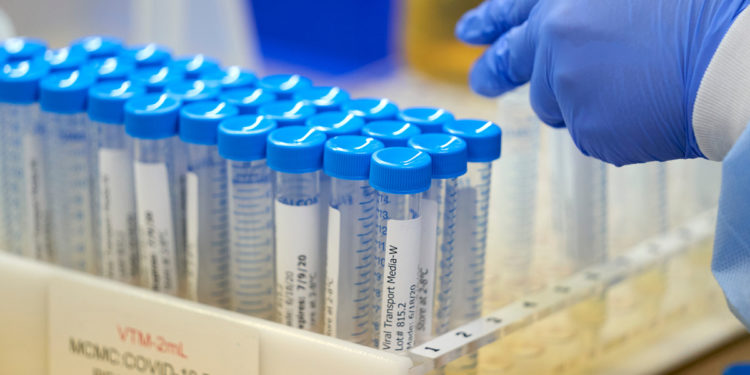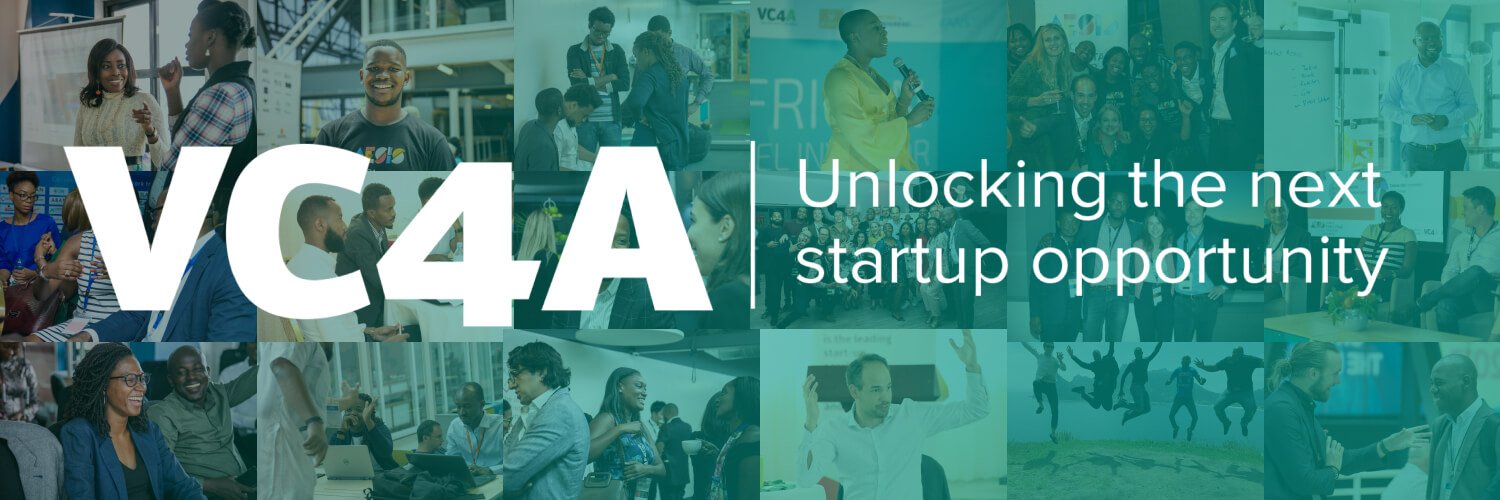We all seem to be scientists now. As a second wave of the COVID-19 pandemic grips Europe and infections surge in the United States, terms such as “the R rate”, “herd immunity” and “epidemiology” have entered the everyday vocabulary.
“The COVID-19 pandemic is undoubtedly causing people to think more about science,” according to Gayle Schueller of 3M, a US conglomerate in the medical equipment sector that publishes a State of Science Index.
Governments pledged from the outset to “follow the science” in taking decisions on lockdowns and other restrictions to safeguard public health.
Since the global crisis began, scientists who once labored anonymously in their laboratories have been thrust blinking into the media limelight. What is sometimes drowned out is their note of caution that scientific knowledge is neither definitive nor omniscient when confronted with new challenges.
Science has been, and always will be, a work in progress. Experts can sometimes change their minds, as when the World Health Organization altered its advice on the wearing of face masks as the nature of coronavirus transmission became better understood.
Scientists will often differ in their predictions and prognoses. But they accept that their findings must always be based on rigorous experimentation and subjected to review by their scientific peers.
That is a rule sometimes lost on the general public, and indeed some of the politicians who represent them, as they understandably yearn for a magic bullet to confront the pandemic.
In the process, unproven theories, findings that have yet to be reviewed, and even crank cures are often given equal weight with well-tested science when they reach the media or race around the internet.
Politicians, and those who either support their policies or oppose them, will selectively reach for scientific evidence that appears to confirm their chosen course of action.
Among the governments now wrestling with the second wave, it has been evident from the start that their decisions have been based as much on the fate of their economies as on concern for their nations’ health.
Politicians who oppose a reimposition of restrictions that closed businesses during the first wave reach for scientific research indicating that shutting down the economy is a cure worse than the disease, in terms of increased poverty and the psychological health of the community.
Those who favor strict measures will meanwhile point to scientific assessments of spiraling infection and death rates to justify total shutdowns.
Science, then, has become less an omnipotent guide than a body of knowledge or theory to be plundered at will to justify this or that strategy. The public, meanwhile, is left struggling to decide whom to trust in the face of conflicting opinions.
The broad outline of a successful scientific strategy was available from the outset, summed up in the WHO’s mantra to “test, trace and isolate”. The governments that fail-ed to a greater or lesser extent to adequately follow that advice are the ones now having to cope with a resurgence of the disease.
In the United Kingdom, Will Hutton, former editor of the Observer, writing in that newspaper, suggested that Western societies had failed the COVID-19 test and should take lessons from Asian countries that had more successfully battled the virus.
“The big lesson from Asia is that communitarian, more equal societies have the social capital and mutual support to allow curfews, self-isolation, quarantining and social distancing to work, even for the poorest,” he wrote.
Others would add that, while Europe and the US paid lip service to “following the science”, Asian countries actually did.
As the world emerges from the crisis, perhaps thanks to a hoped-for vaccine, it might be time to give greater weight to science and its methods in the education of the general public. The man or woman in the street may have greater respect for science than he or she did before, but for many a deeper understanding of its processes is lacking, leaving an entry point for fake and pernicious theories.
Even among political leaders, the ranks of Western governments are more likely to be filled with former lawyers, businessmen and media figures than by scientists.
The dilemma was raised as long ago as 1959 by the UK physicist and former civil servant C.P. Snow, who argued in a lecture that the modern breakdown of communication between science and the humanities was a barrier to solving the world’s problems.
He provoked a storm of controversy that has persisted to this day.
Snow’s analysis, which particularly targeted education in the UK, had its critics from the start.
But few would argue that a better understanding of science and its methods, as well as its limitations, would serve the public well as it seeks to understand and accept the inconveniences and sacrifices currently being imposed.










